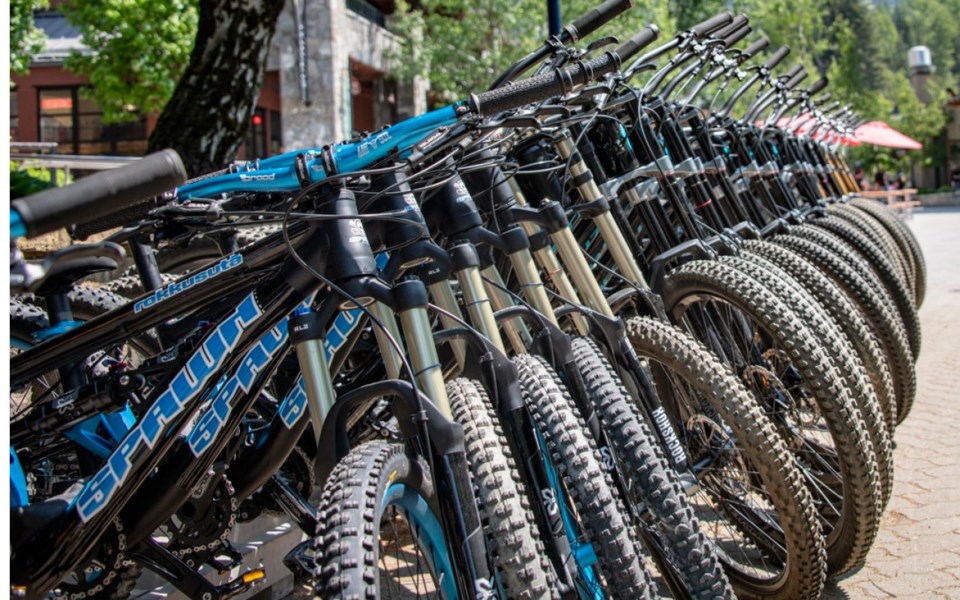The consensus in the tourism sector is that governments will gradually lift restrictions and that a return to anything resembling how the economy operated in February will not be possible until at least next year.
A reopening of hotels could mark the beginning of a recovery. Many are closed even though they are allowed to be open.
Golf courses – another tourism niche – are allowed to be open, but many owners have decided to close.
The cruise sector has been ordered not to operate until July 1. Industry representatives such as Barry Penner, spokesman for Cruise Lines International Association - North West and Canada, hopes that part of the season can be salvaged. If it can, he said, cruise lines may offer significant discounts, easier cancellation policies and other perks to attract passengers.
Separate government restrictions govern where airlines can fly. Air Canada (TSX:AC) has suspended scheduled flights to the U.S. until May 22, and most international flights until June. Air Transat (TSX:TRZ) and Sunwing Airlines Ltd. have cancelled all trips until May 31.
Tourism Industry Association of BC CEO Walt Judas said he expects all travel restrictions to be lifted only after authorities are confident that the virus is under control worldwide.
He foresees the U.S. border opening first, with restrictions eased on international travel to follow.
Singapore's experience in loosening travel restrictions only to see a resurgence in COVID-19 cases could serve as a warning against governments acting too quickly.
Meanwhile, danger looms large on the horizon for local attractions. Vancouver Aquarium and Science World BC executives have voiced uncertainty about their organizations' futures.
"Some attractions are perilously close to folding," Judas said. "Some of the larger ones that may have some cash reserves – they are burning through that cash fairly quickly. It's not because they are employing a lot of people but because they have high operating costs and fixed costs that need to be met every month."
Outfitters and backcountry guides in B.C.'s northern and Interior regions might have some reason for optimism, he said, because their season starts in May and extends to September or October.
Tourism Vancouver acting CEO Ted Lee is co-chairing a task force made up of more than 50 tourism groups and businesses that is lobbying government for increased wage-subsidy programs and other funding to help the sector stay afloat. It has modelled three scenarios for recovery or a loosening of restrictions of groups with more than 49 people.
One model contemplates a mid-late summer loosening, but Lee said that this is "fairly optimistic." The other two scenarios include an opening up in the fall and an opening up in spring 2021.
Lee and Judas suggested that the pandemic will change the sector as indelibly as the September 11, 2001, terrorist attacks did. •
This story is part of a series on the next steps for B.C. businesses across a wide range of sectors as the province edges closer to the easing of COVID-19 safety measures. Check out all previous stories in this series, and stay tuned for further stories being published throughout this week.




